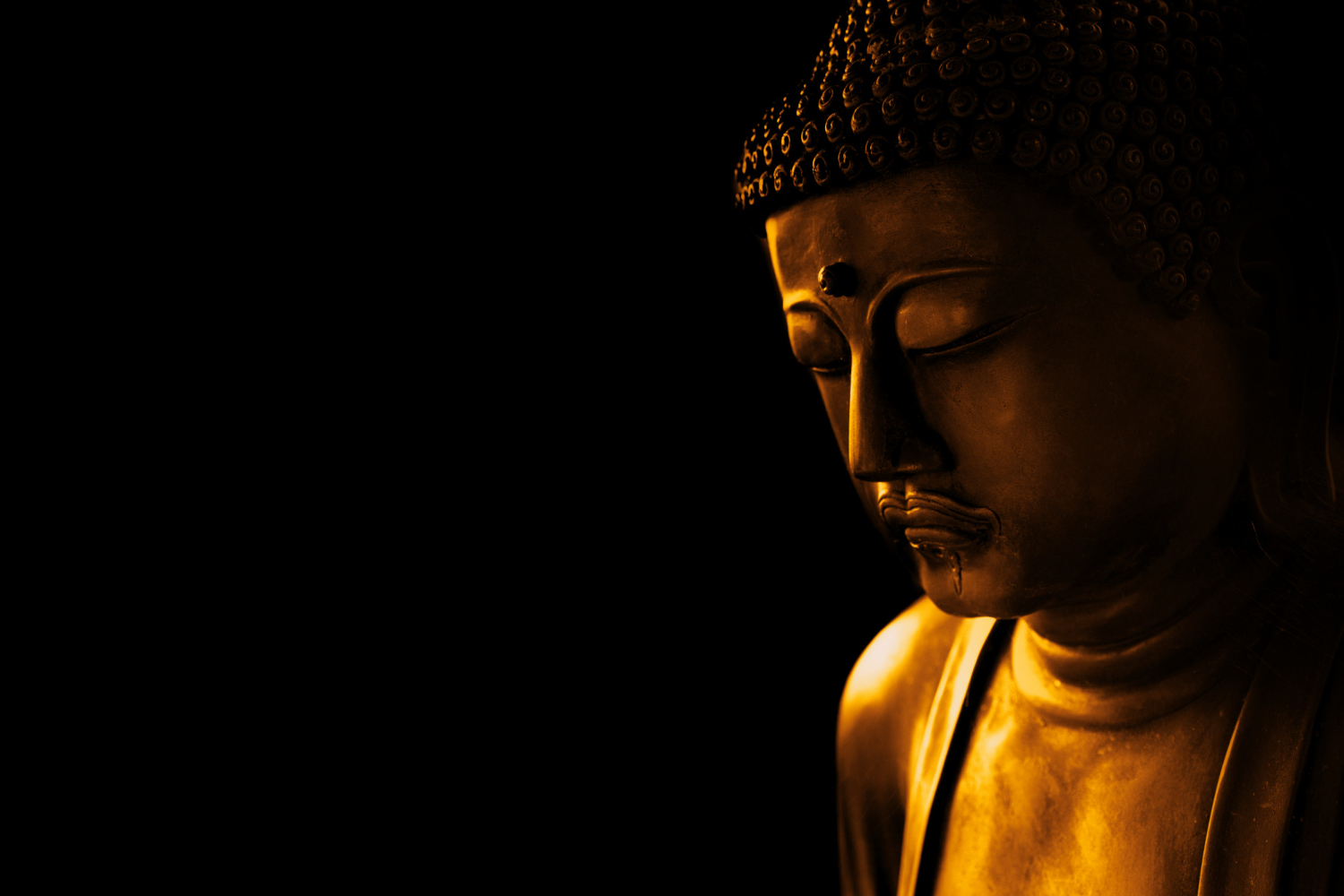
ประกันรถยนต์ 2+ ราคาเท่าไหร่จึงดีประกันรถยนต์ 2+ ราคาเท่าไหร่จึงดี
อยากทำประกันชั้น 1 เงินไม่ถึง ไลฟ์สไตล์การขับไม่ได้สมบุกสมบัน แถมยังมีความเชี่ยวชาญในการขับรถอยู่พอตัว ปัญหาเหล่านี้สามารถแก้ได้ด้วยการเลือกประกันรถยนต์ 2+ สำหรับใครที่กำลังหาข้อมูลและเริ่มสนใจการทำประกันรถยนต์ แต่ยังไม่ทราบถึงรายละเอียดเกี่ยวกับราคา วันนี้เราจะมาอธิบายให้ฟังว่าประกันรถยนต์ 2+ ราคาเท่าไหร่จึงดี ความคุ้มครองของประกันรถยนต์ 2+ ราคาเริ่มต้นไม่สูง ก่อนอื่นมาลองทำความเข้าใจก่อนว่าประกันรถยนต์ 2+ ราคาเท่าไหร่จึงดีที่ว่า จะได้รับความคุ้มครองมากแค่ไหน แล้วประกันรถยนต์ 2+ ราคาเท่าไหร่จึงดี โดยเฉลี่ยแล้วประกันรถยนต์ 2+ ราคาเริ่มต้นอยู่ที่ประมาณ 7,000 ขึ้นอยู่กับบริษัทประกัน เช่น วิริยะประกันภัยราคาเริ่มต้น 7,500 [...]



